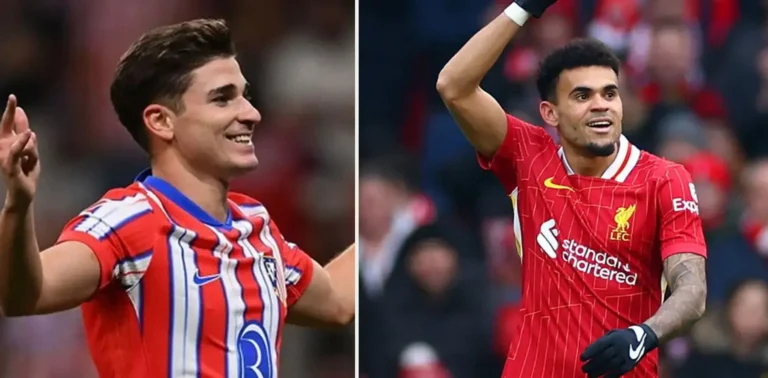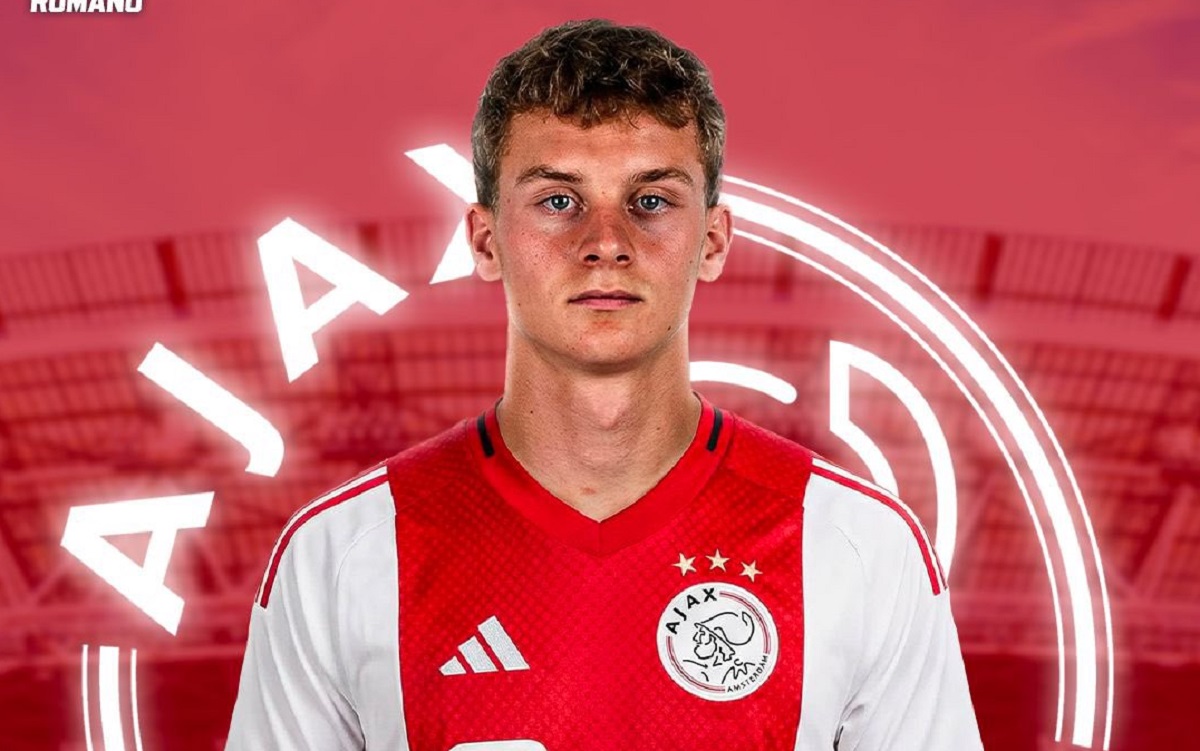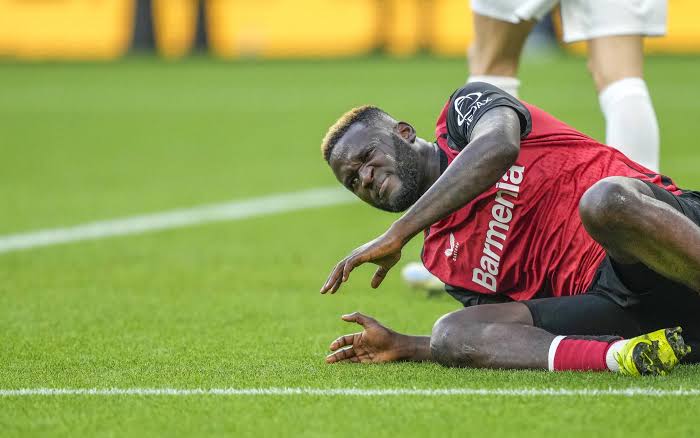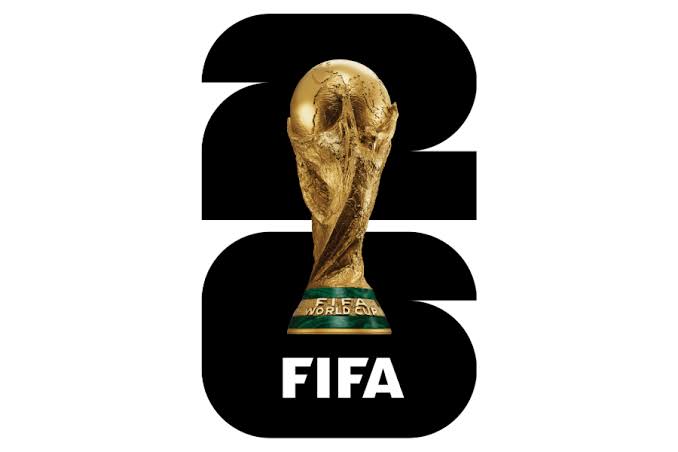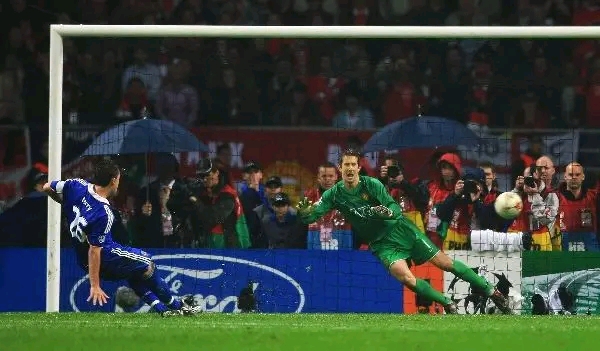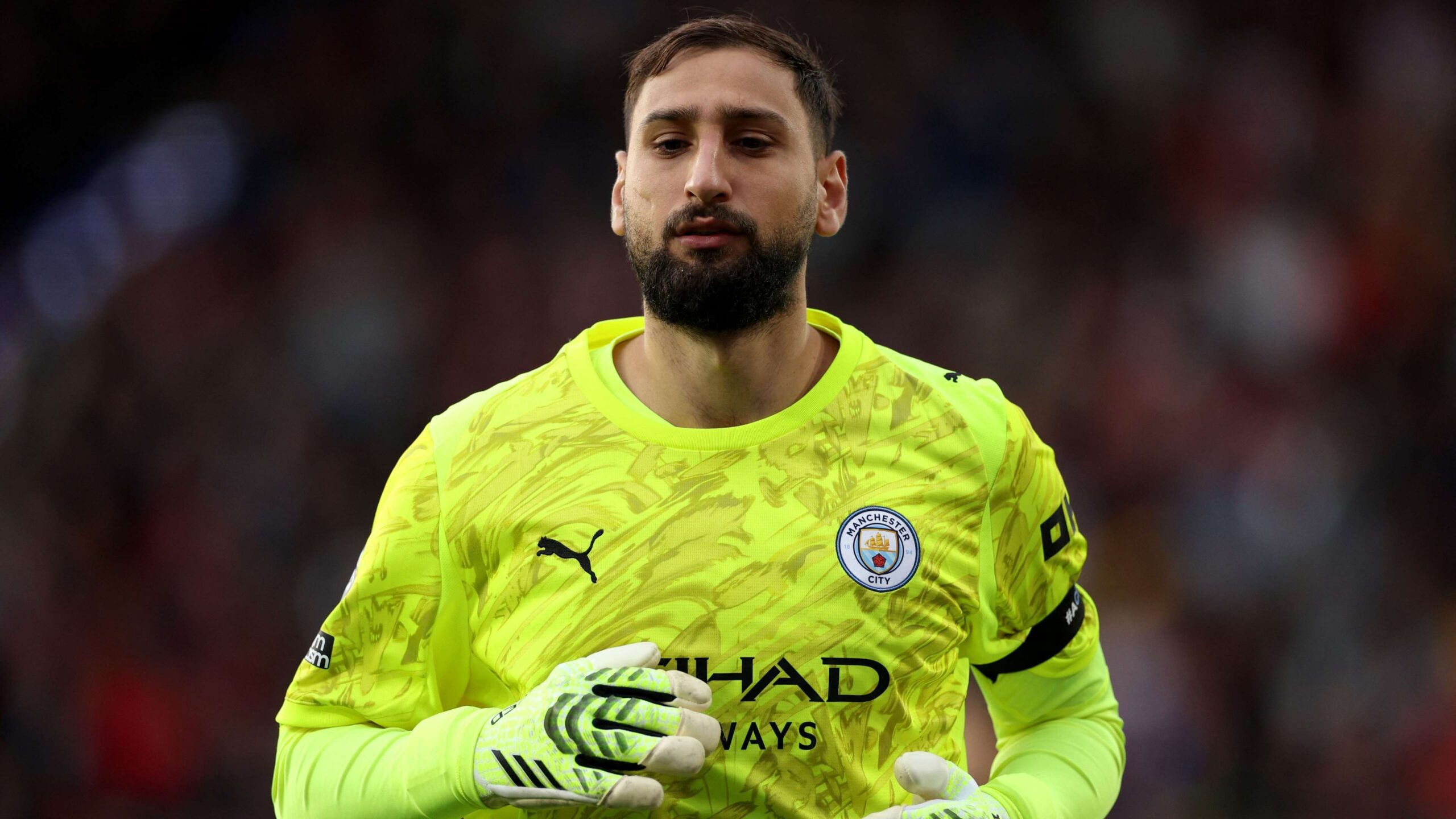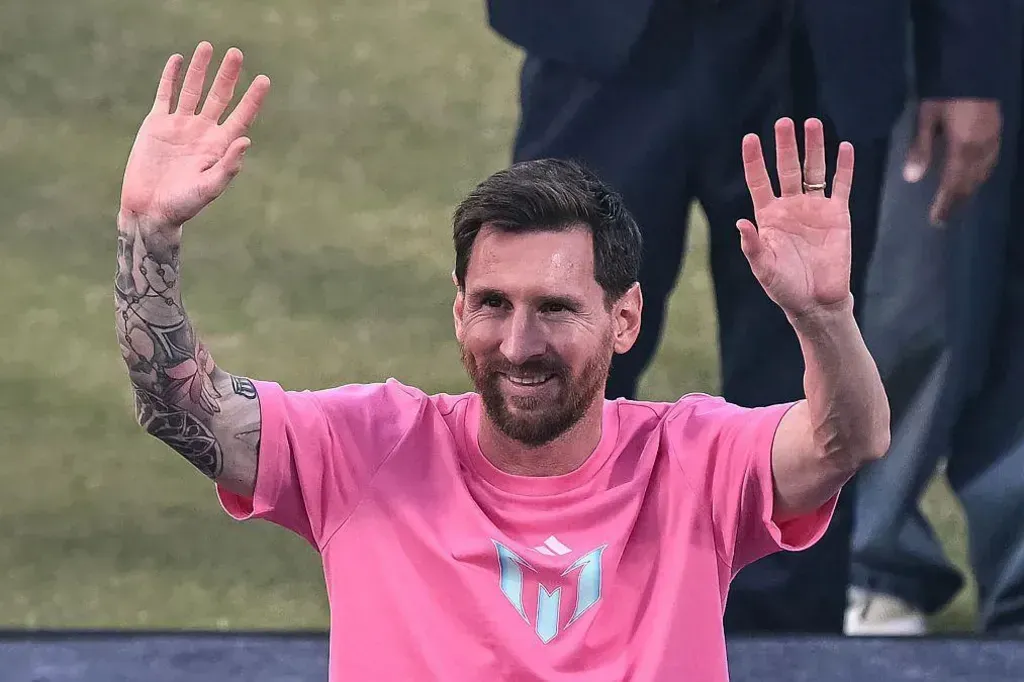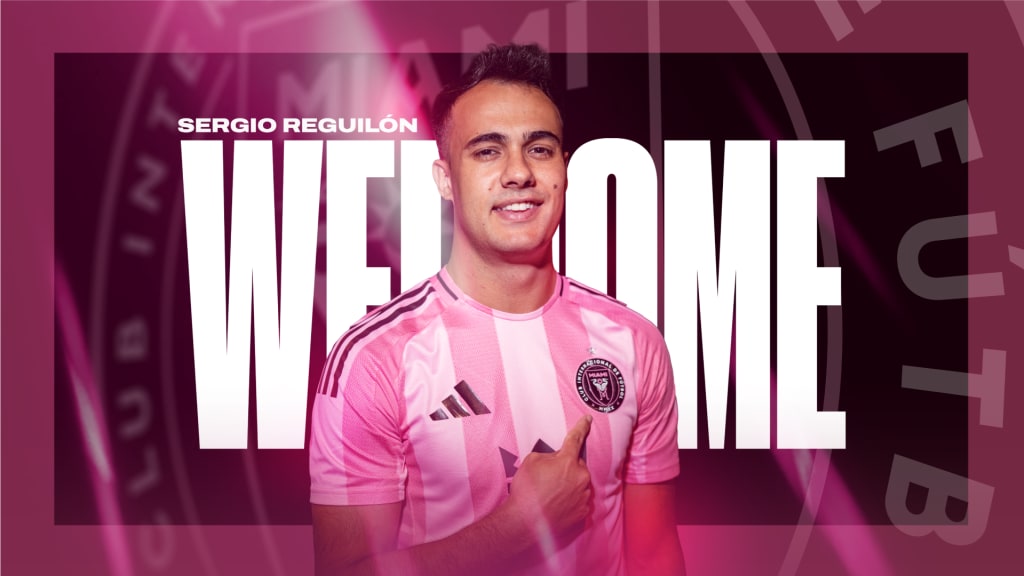Football transfers are often dressed up as straightforward business: a price, a player, a handshake. But sometimes, the negotiations are more like chess — ego, rivalry, and pride shaping every move.
In the summer of 2024, Liverpool found themselves in precisely that kind of duel. Luis Díaz, the Colombian winger who had lit up Anfield with flashes of brilliance, made it clear he was eager to cross the divide and join Pep Guardiola’s Manchester City. For Liverpool, the prospect of losing him to their fiercest Premier League rival was bitter enough. The way forward, they thought, was to balance the loss with something equally valuable.
So their recruitment team floated an audacious proposal: Díaz to City in exchange for Julián Álvarez, the versatile Argentine forward who had already carved out a reputation as one of Guardiola’s most adaptable weapons. For a brief moment, it seemed like a deal bold enough to actually happen.
City’s response was swift and blunt: “We don’t sell to rivals.”
The message was less about Álvarez himself than about principle. City, reigning champions and self-assured, would not hand Liverpool a player who might strengthen their closest competitor.
Liverpool fired back with equal steel: “Neither do we then.”
And just like that, the door closed. No swap, no compromise. Díaz stayed, though with uncertainty shadowing his commitment. Álvarez remained at the Etihad, continuing to slip seamlessly into Guardiola’s rotations.
Rest Also: Lawsuit Claims Trump Allies Drove Rampant Politicization At FBI
The episode underlined not only the fraught relationship between England’s two most dominant clubs of the last decade but also the razor-thin margins that define the transfer market. A player’s wish can spark negotiations, but in the end, pride often proves more powerful than pragmatism.
Would the swap have suited both sides? Some argue yes: Liverpool would have gained a tireless forward capable of pressing from the front, while City could have added a direct, unpredictable winger. Others insist the idea was doomed from the start, an impossibility in a rivalry where defeat is measured not only in trophies but in perception.
In the end, the “what if” remains just that — a reminder that in English football, the fiercest battles sometimes happen not on the pitch, but across the negotiation table.

